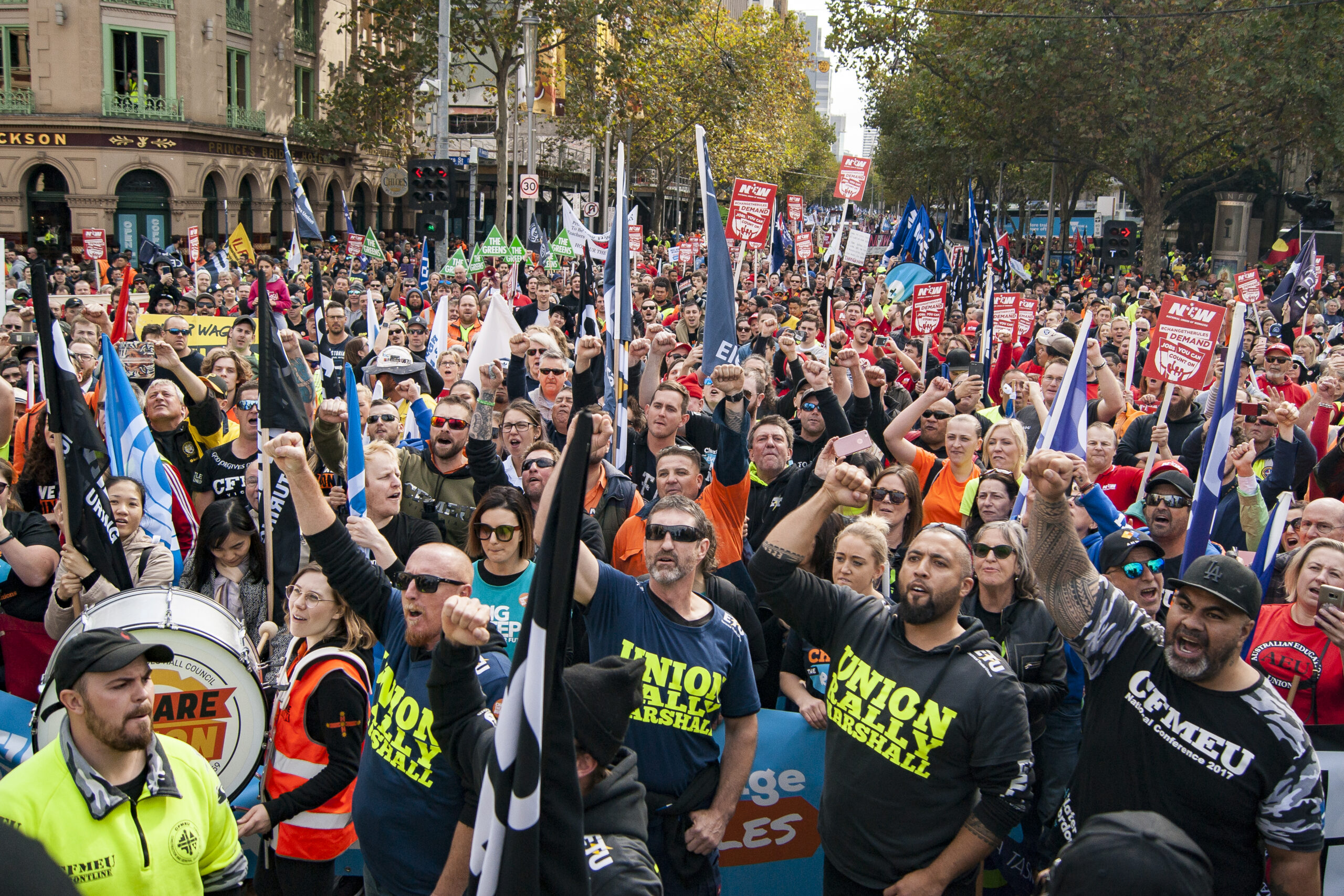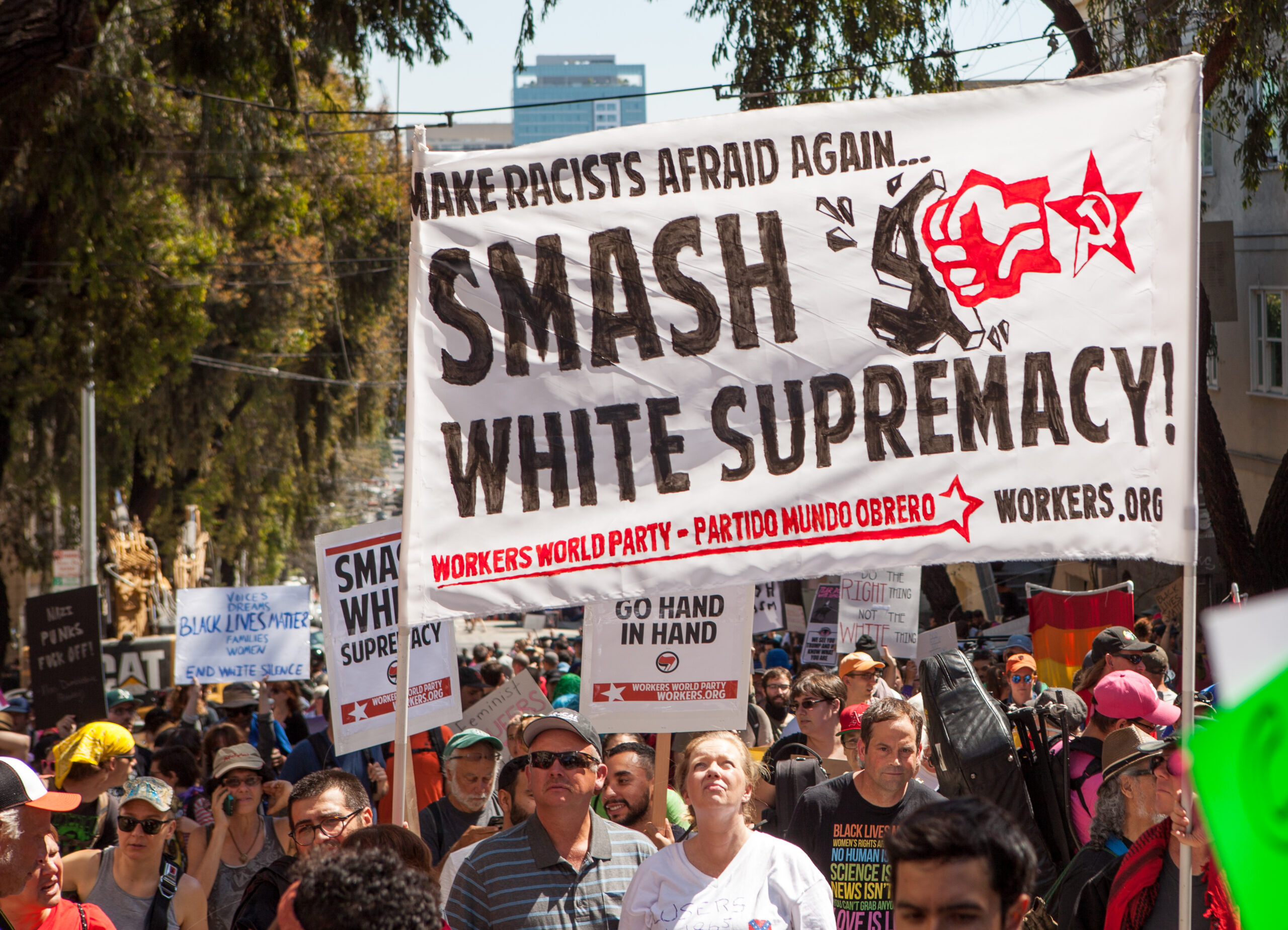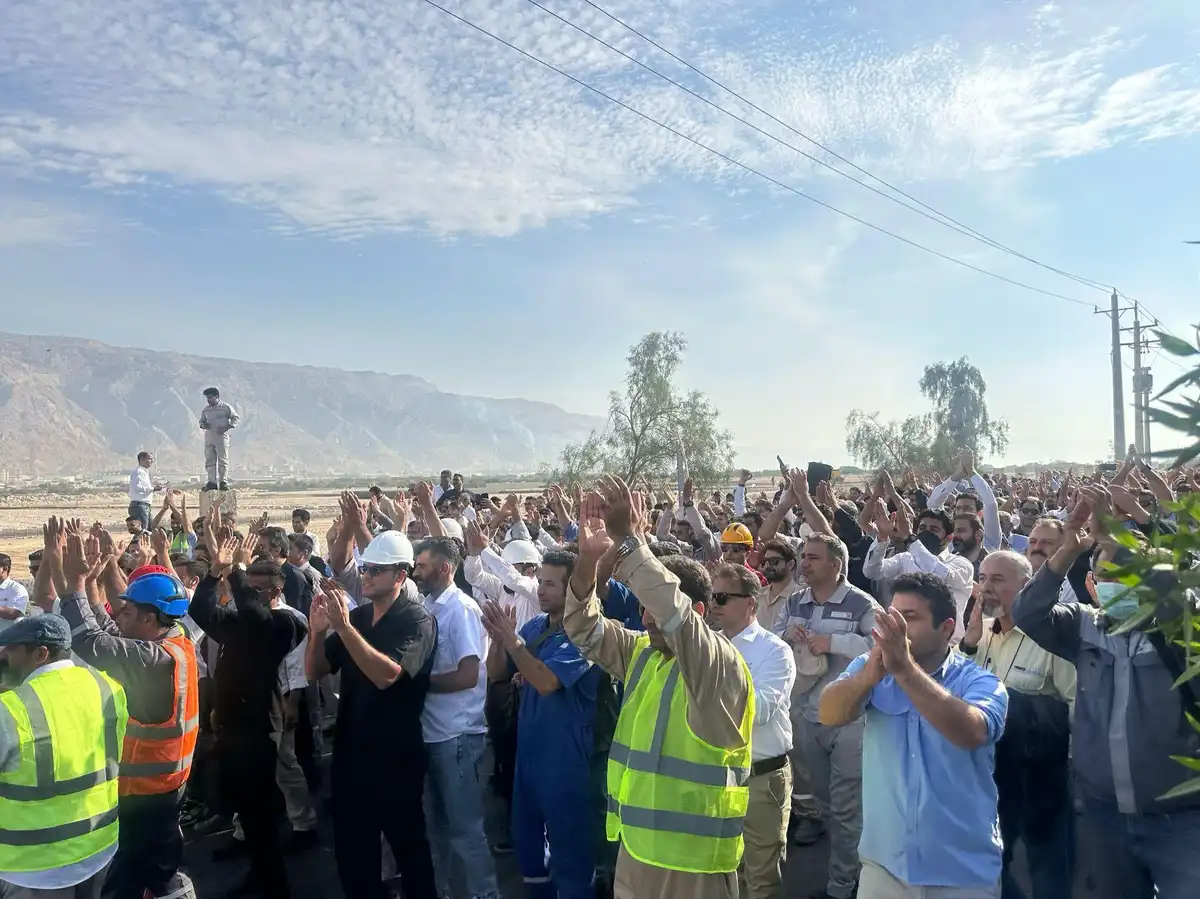Hezbollah fought on the front lines against Israeli aggression against Lebanon in 2006, winning respect from Sunni and Shia in Lebanon and all opponents of Zionism. But Hezbollah fighters have now turned their fire on the rebels fighting to overthrow Assad’s regime in Syria, raising the risk of the Arab Spring becoming a sectarian war in Syria and Lebanon. Sam Campbell reports from Lebanon.
With Hezbollah’s intervention in the battle for Al-Qusayr, the “Party of God” has staked its credibility on the survival of the Assad regime. While the party’s clandestine involvement in the conflict had long been known, Hezbollah’s intervention in Al-Qusayr represents a qualitative shift in the party’s policy. The group’s previous deniability left room for the party to back away from Damascus without losing face, but now that is gone and the party’s base is being prepared for a long war. So why is the Party of God gambling its credibility in Lebanon and the wider Arab world, to support the Syrian dictatorship?
The relationship between Syria and Hezbollah has always been pragmatic. This is in contrast to Hezbollah’s ties to Iran and its religious leadership to which the party remains, at least on paper, spiritually obedient. Prior to 2005, the party’s relationship to Syria was less evenly balanced, due to direct Syrian occupation of Lebanon and its security services, as well as more direct support for the rival Shi’a party, Amal. With Syria’s withdrawal in 2005 the “glass-ceiling” on the party’s domestic ambitions was lifted, and it has struck a more equal relationship with Damascus. At the centre of this relationship are arms. As is widely noted, Syria is a conduit for arms from Iran to Hezbollah, but it is also an important source of arms in its own right. Combined these are the life blood of Hezbollah’s armed forces and the party fears for its ability to replenish its supplies after a future war with Israel, and thus the strength of its deterrent capability.
Hezbollah’s justification for its intervention is two-fold. Firstly, the party and its apologists depict the intervention as support for the resistance axis in their fight against Israel. This has credibility if one considers the importance of Hezbollah’s arms for defending Lebanon, but the argument that Syria is confronting Israel and supporting the Palestinian cause is dubious. One only need review the regime’s many betrayals and attacks on the PLO and the Lebanese left to debunk its support of the Palestinian cause. In regards to Israel, Syria has always been a peace-partner in the waiting, using its support of Hezbollah and Palestinian parties as leverage for future negotiations with Israel over the occupied Golan Heights. Interestingly, it is expected today that Hezbollah’s Hassan Nasrallah will expand on previous statements and link the Golan Heights directly to Hezbollah’s ongoing battles over Israeli occupied land in Lebanon. This ever expanding list of occupied territories, once famously parodied on Lebanese television, now links Hezbollah directly to Syria in any future war with Israel.
At the same time the party is depicting the Syrian rebels as Takfiris (Muslims who declare other Muslims non-believers) who pose a threat not just to the Alawi Assad regime, but to Shi’a regionally. Understanding Shi’a-Alawi relationship is difficult due to its very personal and secretive nature. For Lebanon’s Shi’a community, the overwhelming majority of whom are Twelver orthodox Shi’a, the position of the Alawi community (to which 2% of Lebanese and 13% of Syria belong) is contested. Officially, Alawi have been deemed to be true Shi’a in Lebanon, thanks to the work of the country’s most important modern Shi’a leader, Musa al-Sadr. However, this decision seemed more political than spiritual and relies on a very narrow and selective interpretation of Alawi beliefs and practices. How everyday Twelvers and Alawi view each other is difficult to ascertain, but politically they remain allied in Lebanon and Syria, and certainly both share a common fear of militant Sunni Islamism.
So what price is Hezbollah going to have to pay for its support of the Assads. Regionally, the party is likely to lose any of the residual support it may have maintained among Sunni Arabs following the defeat of Israel in 2000 and 2006 (it had already dented this support in internal Lebanese fighting in 2008). Domestically, the divide between Sunni and Shi’a political movements has became the clearest dividing line in the country and radical Lebanese Sunni groups are only going to grow because of Hezbollah’s intervention. Among Lebanon’s Palestinian refugees the shift against Hezbollah has been slower, given the party’s long principled support for the community. But this largely Sunni community strongly supports their co-religionists in Syria, and is supporting the influx of Syrian refugees into their camps, with all the harrowing stories they have to share.
The most tantalizing question for western observers is the often prophesized, but rarely quantified, disillusionment of Lebanese Shi’a with the party. Even if parts of the Shi’a community does not support the party’s intervention in Syria, one can easily foresee events that would bring such figures back into the fold, or at least create enough public pressure to quiet them. These would include an escalation with Israel, a Syrian rebel attack inside Lebanon, more rebel kidnappings of Lebanese pilgrims, or an attack on a Shi’a shrine in Syria. While much of the Syrian revolution remains secular, or at least nationally focused, there remain many who seek a wider religious confrontation with Shi’a. And it is this fact that Hezbollah will be promoting in its public relations campaign to justify its intervention in Syria. For a party that prides itself on resistance to Israel, principled support for the Palestinians, and most importantly the defence of Lebanon, this episode in its history will surely prove to be the most trying since the withdrawal of Israeli forces from Lebanon in 2000. For without wider credibility and support, the 20 year old process of ‘Lebanonisation’ or openness of the party towards the Lebanese state and political process may reach its limits. Hezbollah has built its non-Shi’a domestic alliances and public support through elevating itself above the behaviour of the self-serving, sectarian militia. But this most sectarian and self-serving of wars is the one Hezbollah has now decided to stake its future on.









